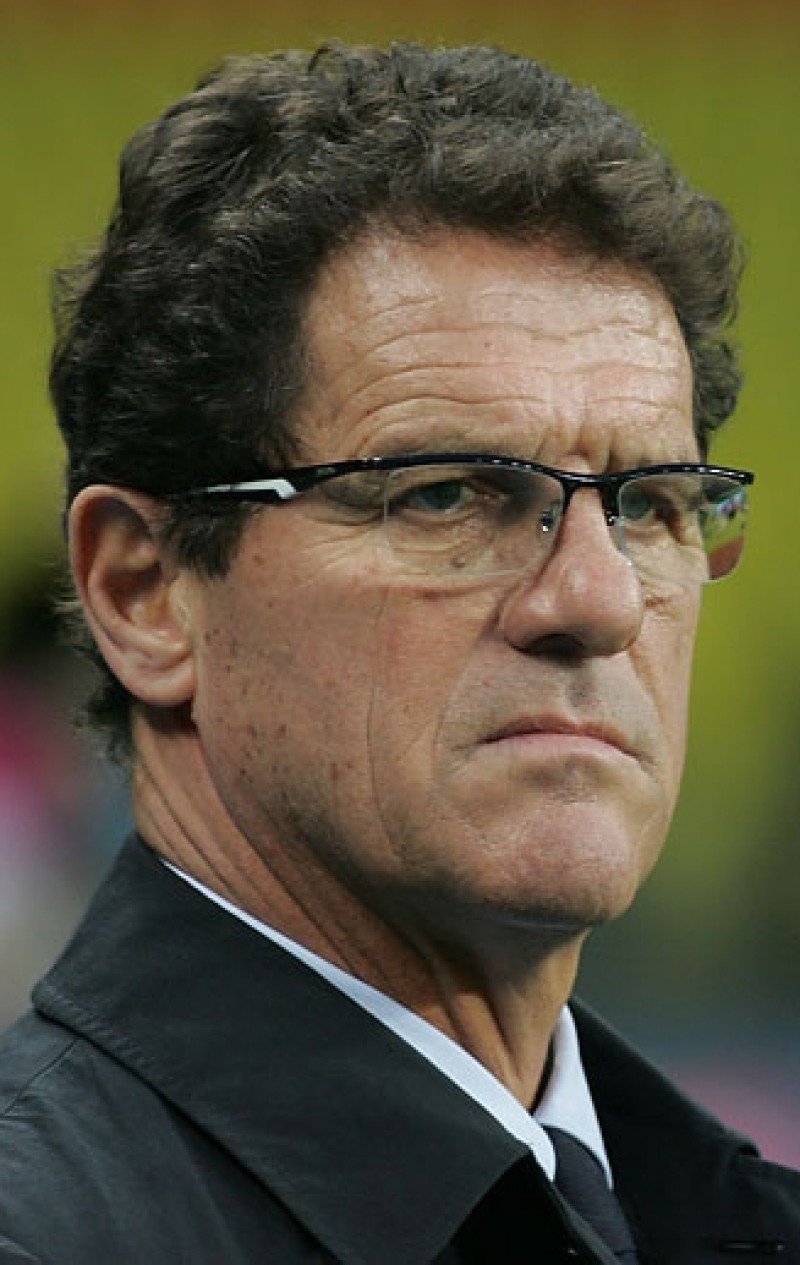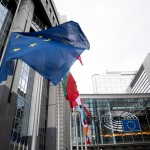Simyonan confirmed at a press conference on Wednesday that Capello remains Russia’s head coach for the time being, but said that there are questions about his future with the team.
The negotiations mark the latest development in the scandal, dubbed “Capellogate”, that erupted in May after OCCRP and Novaya Gazeta revealed controversial details about the coach’s lucrative extension contract with the RFU.
According to copies of the contract obtained by OCCRP and Novaya Gazeta, the 69-year-old Italian receives an annual salary of € 7 million (about US$ 8 million), plus performance incentives worth several more millions.
Capello has been the Russian national football team’s coach since July 2012. In January 2014 he extended his contract with the RFU for a further four years, and it is due to end after the 2018 World Cup, which will be hosted by Russia.
The RFU and Capello have come under fire for the 69-year-old’s € 7 million (US$ 8 million) contract not only because of concerns over poor performance after Russia suffered a home defeat for a Euro 2016 qualifier this month, but also because of a mysterious deal linked to the agreement.
OCCRP and Novaya Gazeta journalists revealed in May that the same day Capello signed his extension, his signature appeared on an additional multi-million dollar contract between two offshore companies.
One of the companies, Chesterton Ltd., is linked to a massive money-laundering scandal.
Both the RFU and Capello have said they know nothing about the additional contract, but the controversy made waves in Russian media.
Earlier this month, the RFU voted to sack its president, Nikolai Tolstykh, in the wake of the revelations.
Concerns about Tolstykh’s financial management of the organization were central to the debate surrounding the vote.






